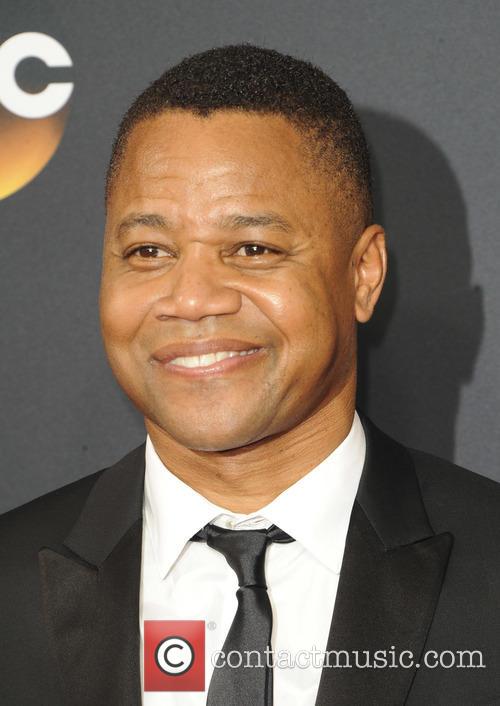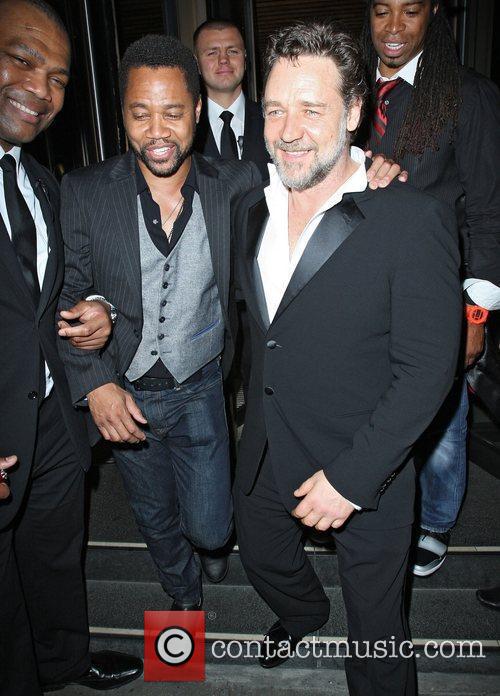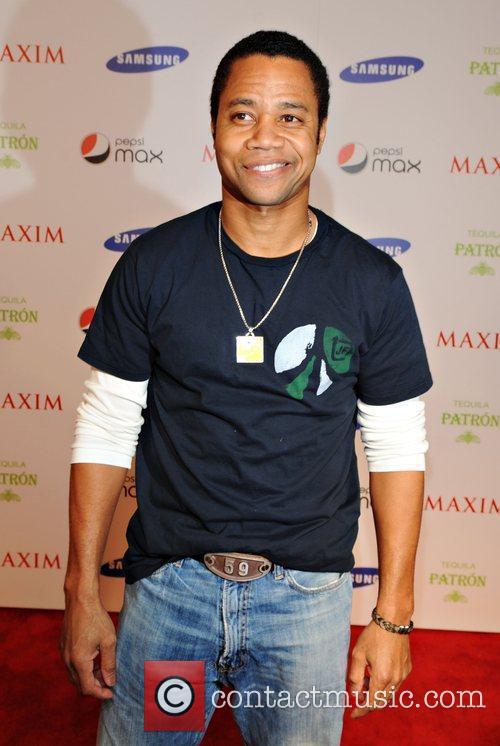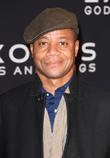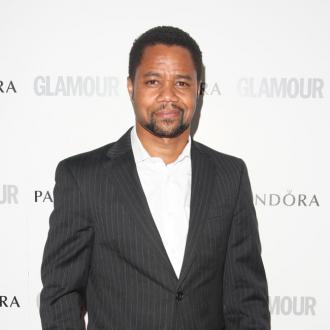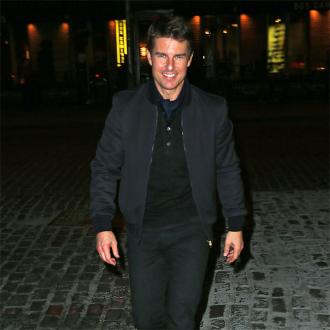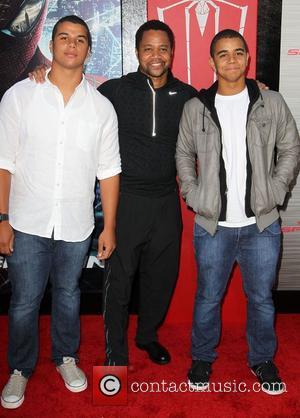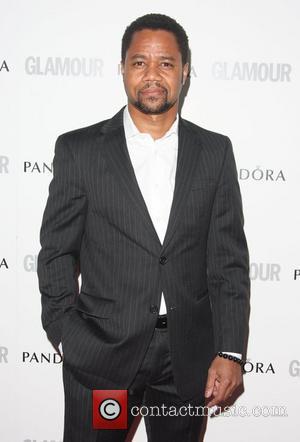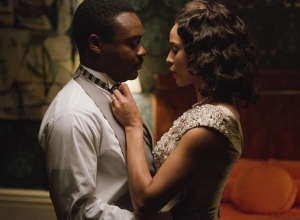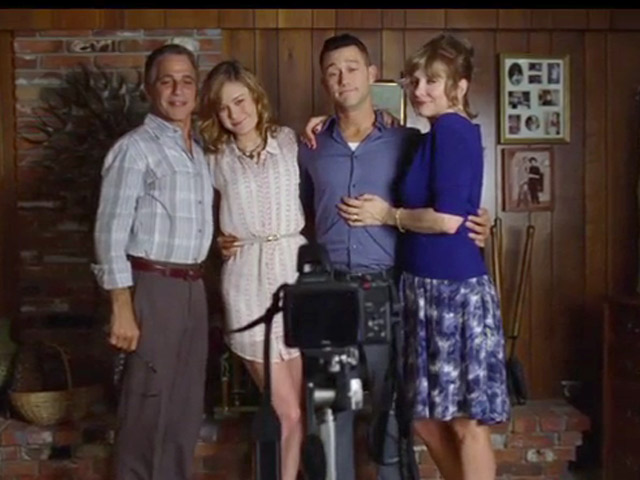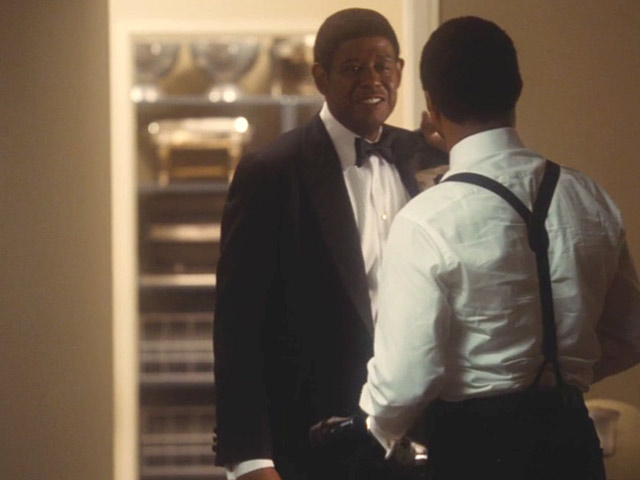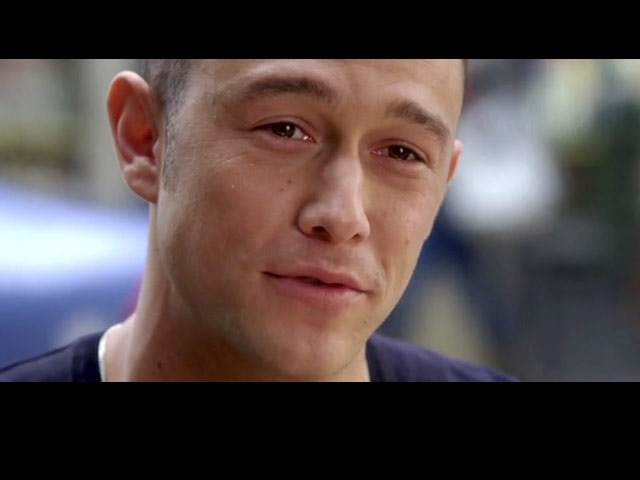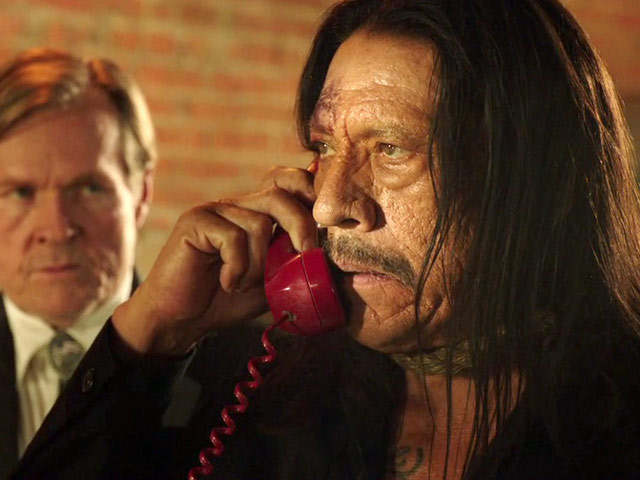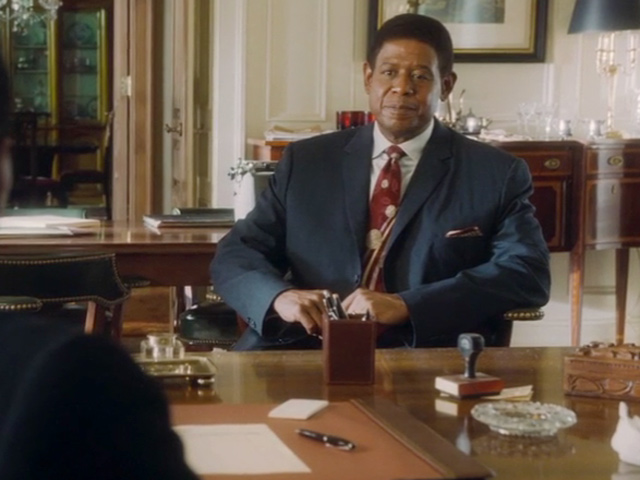One of the finest biopics in recent memory, this drama manages to present someone as iconic as Martin Luther King Jr. as a normal man anyone can aspire to emulate. Anchored by an internalised performance from David Oyelowo, the film is skilfully directed by Ava DuVernay (Middle of Nowhere) with a sharp attention to subtle details. And the script by newcomer Paul Webb draws the characters with such complexity that the film has provoked controversy from people who like their heroes untextured.

The film enters Martin's story as he is awarded the Nobel Peace Prize alongside his activist wife Coretta (Carmen Ejogo) in October 1964, just over a year after his soaring "I have a dream" speech. And a few months later, he's called to Selma, Alabama, to help blacks who are being denied the right to vote by racially motivated voter registration laws. Martin meets with President Lyndon Johnson (Tom Wilkinson), who has more pressing things on his political agenda, then heads to Selma to lead a march on the state capitol in Montgomery. But the peaceful protest is met with nightmarish violence, ordered by Governor George Wallace (Tim Roth). So as the protesters regroup and plan a second march, Martin heads back to Washington to challenge Johnson to set some new priorities.
Cleverly, the script just covers a few months, punctuated with a series of King's most rousing speeches. Since none of this is presented for its big inspirational value, it has a much stronger kick than we expect. The film's punchiest scenes are almost silent, as King struggles to knot his tie before an appearance or fails to find the words to confess his infidelities to his wife. Oyelowo is so transparent in the role that King emerges as an everyday man with a gift for oratory in the right place at the right time. But it's his steely desire to do the right thing that makes him inspirational. And how he reacts when he discovers the human cost of his actions.
Continue reading: Selma Review


